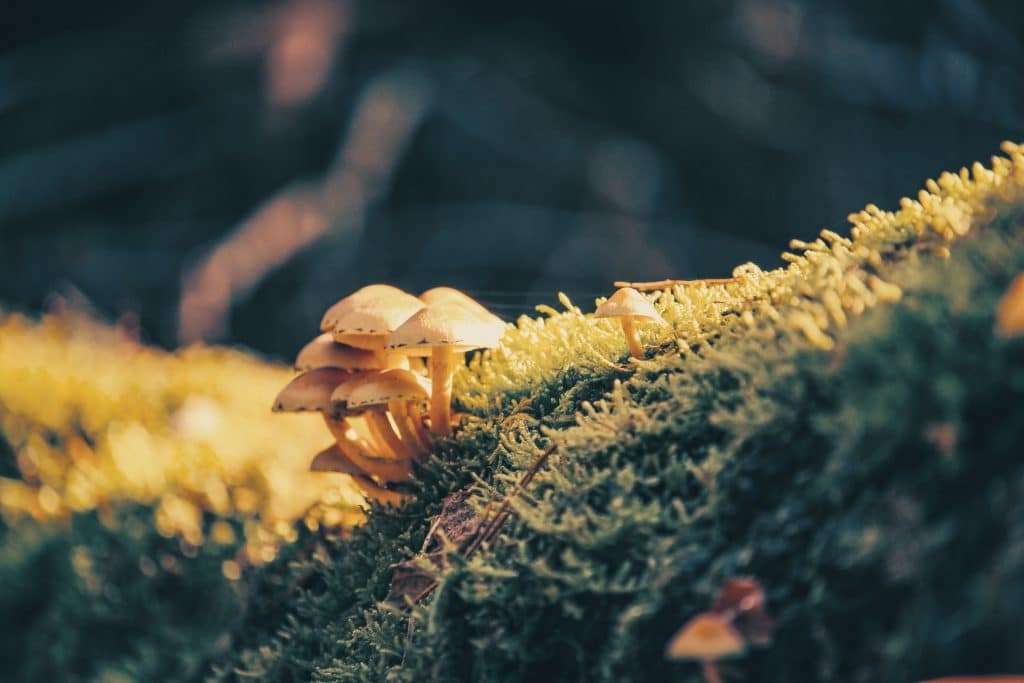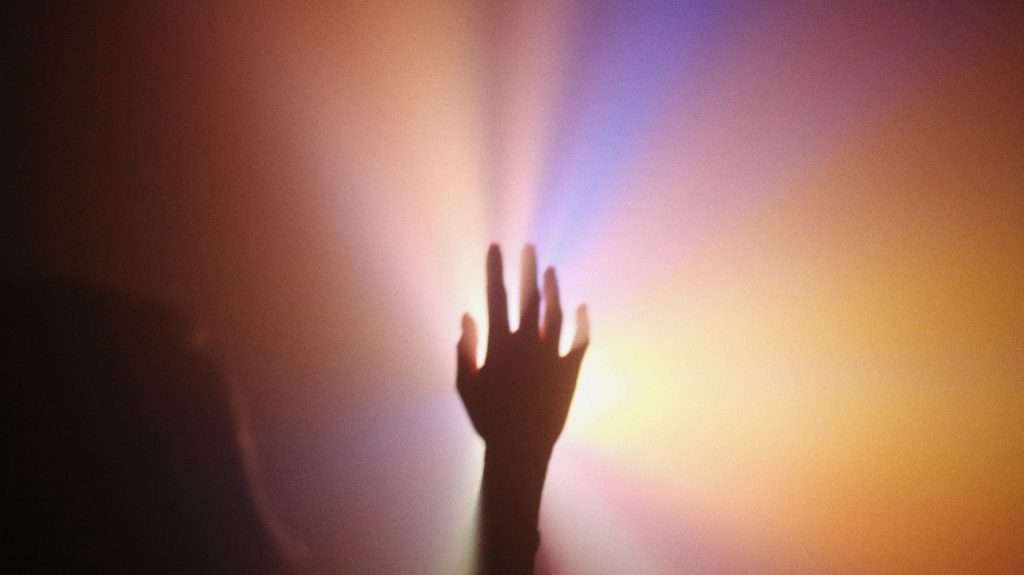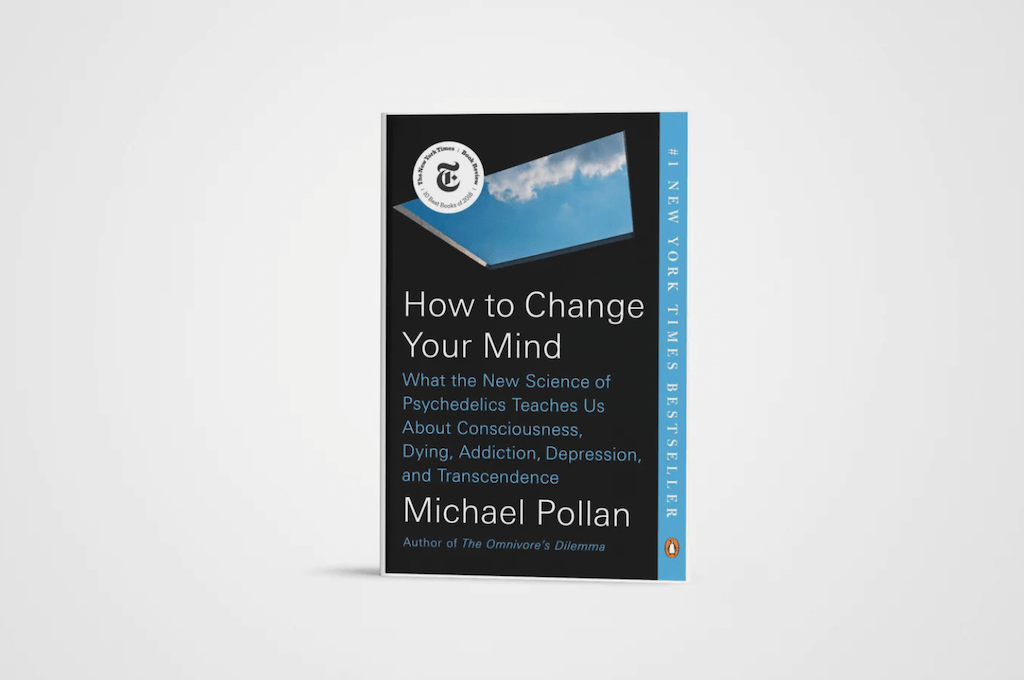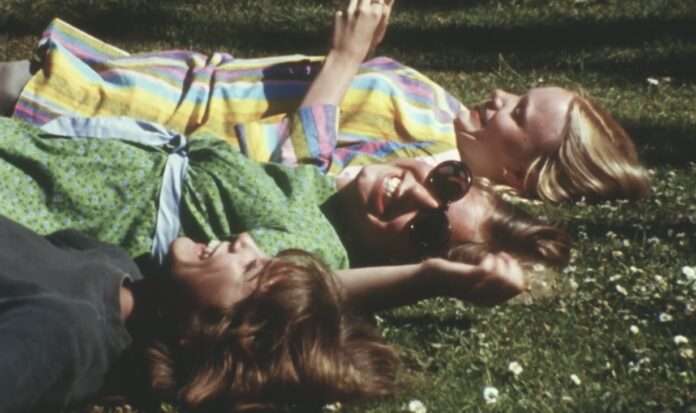Last week, Berkeley officials moved forward with a proposal that would make psychedelics, including LSD, the lowest priority for the Northern California city’s law enforcement officers.
Berkeley, California — home to the 1960s counterculture movement that spurred much of the psychedelic subculture that persists today — is aiming to be the latest city in the U.S. to decriminalize psychedelics. Measures in neighboring Oakland as well as other major U.S. cities including Denver and Washington D.C., have given the nod to recreational psychedelics, namely psilocybin.
But if Berkeley’s measure — three years in the works — passes, it would make it the first U.S. city to decriminalize LSD (lysergic acid diethylamide) specifically. More than a dozen other ordinances across the country have loosened restrictions on natural psychedelic substances such as psilocybin, mescaline, and ayahuasca, but none have lifted restrictions for synthetics.
Decriminalizing LSD in Berkeley
“[N]obody deserves to go to jail for having a psychedelic experience,” Berkeley Community Health Commissioner Karma Smart said of the measure. The proposed measure would decriminalize personal consumption of LSD, but distributing psychedelics — including gifting and sharing — would still be punishable by law.
That last part has earned the measure pushback from psychedelic advocates who introduced an earlier version of the measure that would have also decriminalized sharing. Without protections for gifting and sharing, advocates say the measure doesn’t really give residents much in the way of protections.

The pushback comes as Oregon struggles with illegal distribution operations ahead of its legalization of psilocybin coming into effect next year. Oregon is the only state that has both decriminalized recreational use and legalized psilocybin for therapeutic use. Under Oregon’s law, which was passed by voters in 2020, the Oregon Health Authority must grant licenses to distributors and practitioners working with psychedelics. It had two years to set up guidelines. The licensing system has not yet begun as applications open in one month.
But that hasn’t stopped the gray market sale of psilocybin. In Portland last week, an illegal psilocybin dispensary had a line of customers waiting more than two hours outside to buy the psychedelic mushrooms, even though the Shroom House is operating illegally, authorities say.
Berkeley city officials said allowing for sharing could create an illicit gray market — something that also happened in the neighboring city Oakland following its decriminalization in 2019.
“In these gray markets, we see enterprising entrepreneurs opening commercial operations such as delivery services (advertised with fliers and posters), storefront dispensaries, pop-ups, and outdoor market booths, sometimes asking for ‘suggested donations,’ and sometimes not bothering at all with the pretense that they are merely ‘giving away’ the substances,” the Berkeley council report says.
Psychedelic research
Demand for LSD, like other psychedelics, is expected to rise as more cities and states decriminalize — and legalize — once-banned substances. Research also continues to point to the benefits of psychedelic use.
Research on LSD published in October showed the potential benefits of microdosing in bringing relief to those suffering from depression and other mental health issues by stimulating reward centers in the brain. Taking a single, low dose of the psychedelic can bypass barriers in the brain that can prevent key neuropsychological processes that improve mood, the study found. The research was published in the journal Neuropsychopharmacology.

The researchers followed 18 healthy young adults through three five-hour lab sessions where they were administered 13 or 26 μg of LSD, or a placebo. Each session was spaced seven days apart. While under the administered substance, the subjects were asked to participate in tasks that were followed by positive or negative feedback. Brain activity was monitored during the experiments.
According to the findings, both dose levels of LSD increased Feedback-P3 amplitudes in the subjects’ brains. Feedback-P3 occurs in the brain after a person receives feedback about a specific performance. The study showed that the lower dose LSD increased the Reward-Positivity and Late-Positive Potential amplitudes in subjects — but only when the study participants stood to reap a potential reward. The placebo did not deliver the same results.
“In this study we showed that a low dose of LSD, in the range of doses that people use when they ‘microdose’ LSD, can increase the brain’s response to a rewarding stimulus,” lead researcher Harriet de Wit, a professor at the University of Chicago and director of the Behavioral Pharmacology Laboratory, said of the results.

“Previous studies have shown that individuals with depression show a dampened brain response to reward,” de Wit said. “In our study, we found that a low dose of LSD increased the reward-related signal in a way that is consistent with possible anti-depressant effects. This may be related to the purported beneficial effects of microdosing.”
The practice of microdosing LSD — a substance still illegal in most parts of the world — has gained popularity in recent years as prominent experts and celebrities like A$AP Rocky, Mike Tyson, Harry Styles, and Kristen Bell tout the benefits of psychedelics, including LSD.
Michael Pollan, the New York Times bestselling author and Knight Professor of Science and Environmental Journalism at the UC Berkeley Graduate School of Journalism, turned his focus to psychedelics in his 2018 book, How to Change Your Mind: What the New Science of Psychedelics Teaches Us About Consciousness, Dying, Addiction, Depression, and Transcendence. Novelist Ayelet Waldman detailed her experiences with microdosing LSD in the 2017 memoir A Really Good Day: How Microdosing Made a Mega Difference in My Mood, My Marriage, and My Life. Pollan and Waldman both live in Berkeley.
Related on Ethos:


